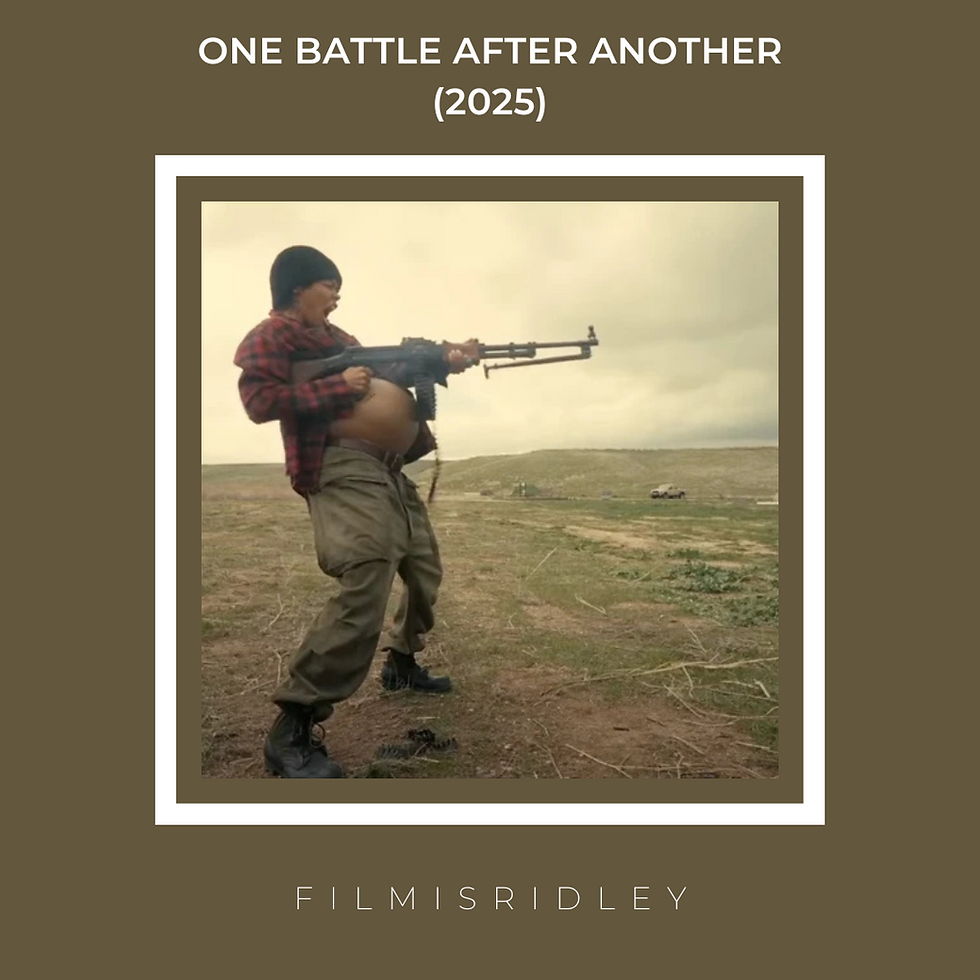Night Of The Living Dead (1968) Dir: George A. Romero
- Ridley Coote

- Oct 4, 2025
- 3 min read
Instagram post:

There are some films that define their respective genre, and George A. Romero's 1968 classic 'Night Of The Living Dead' is without a doubt one of those films. It arguably launched the idea of the 'zombie' into the cinema mainstream, establishing a new and popular subgenre in the process. I have seen many zombie films over the last few years, but I have always, always, wanted to watch the so-called original. It was just too iconic to miss forever.
A huge factor in this film's storytelling and exposition was its use of radio and television. A classic method of conveying information to the audience in a succinct and clear manner, this film utilised this feature to great effect, and was one of the better, and more bearable, examples of this form of exposition dump that I've seen in films.
The film was very slow-burn in nature, which is not necessarily atypical for the era, in fairness. Even so, the first act of the film passes by very slowly, thanks to a very drawn out sequence where the two characters on-screen board-up the house they have hidden in. The film would certainly have benefitted from trimming that down, in any case - certainly from a modern perspective, at least.
The narrative was extremely simple, for the most part, but in so being, it was also an effective stage for the conflicts between the survivors to escalate. The building tension in the second half of the film was genuinely very good, and allowed the film's climactic scenes to deliver on the horror and shock of their events. In that sense, I think it was very evident to see why this was so renowned, and why it has been considered the seminal zombie film of the horror genre in the last fifty years.
Judith O'Dea begins this film as the unsuspecting protagonist, and delivered a classicly dramatic depiction of a panicked and desperate survivor of a shocking and unexpected event. The way she then switched up her performance was quite impressive, despite it being a little strange, in fairness. This second chunk of her performance might be easy to discredit, but I liked it, particularly upon reflection, in regards to her character's emotional state.
Duane Jones took over the film as soon as he appeared on-screen. His charisma, though not flashy, was more than apparent to me, and it was very clear to me why he had earned this role. Like his character, Jones was rough and ready, and he delivered exactly the kind of rugged believability that he needed to. I would also like to briefly mention some of the supporting cast members - they didn't stand out anywhere near as much as the other two names I mentioned above, but they're still worth name-dropping; Marilyn Eastman, Karl Hardman, Judith Ridley, and Keith Wayne.
Overall, I think it would be fair to say that my appreciation for its influence on the genre carried a fair bit of weight, in regards to how I felt towards the film, but I do still think that this was, and is, a good film, regardless of that feeling. Once it hit its stride, it was extremely watchable. Have parts of it aged? If course they have, the film is over half a century old now, which is why I have been a little kinder to it than perhaps others would be. It wasn't necessarily as good as I thought it would be, but I still enjoyed watching it.










Comments